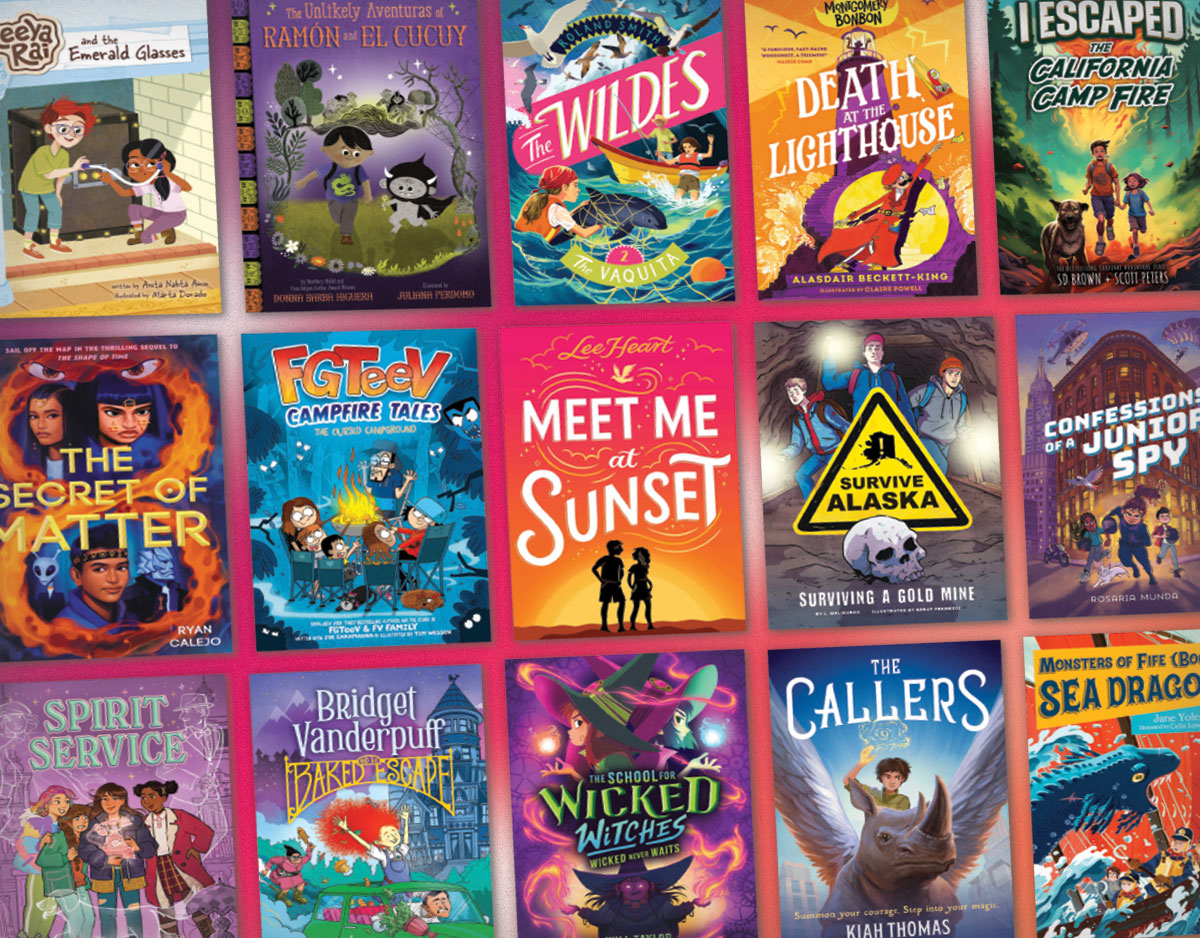SCROLL DOWN TO READ THE POST
The Miseducation of Cameron Post
 The Miseducation of Cameron Post, Emily M. Danforth
The Miseducation of Cameron Post, Emily M. Danforth
Balzer + Bray, February 2012
Reviewed from ARC
There’s a lot to discuss here. A lot of win and a lot of flaw, really.
Let’s start with win, which is the writing.
The writing is mature, sophisticated, free of unnecessary embellishments. There are marks of the author’s MFA; there is a style of writing that always seems to have the fingerprints of advanced writing coursework and workshops all over it. Words that fall like pebbles, and ripple outward, although you can’t always tell why. Chapters that read like short stories, the kind you might find in The New Yorker. Language that is deceptively simple. MFA writing.
It can go terribly wrong; in this case, it goes mostly right. It’s assured writing,* and while it’s hard to see where it’s heading (the hallmark of the standard issue literary short story, where the meaning is in what is unsaid, it’s a bit odd in a novel but not necessarily bad), it’s a journey you can settle into.
ADVERTISEMENT
ADVERTISEMENT
(Although it’s not fast. This might be the slowest book I’ve read this year, and it’s long. You need to just immerse yourself in Cam’s life, and don’t expect any major action. Even when there is action, it was delivered in a way that slows it down, full of the lazy heat of those Montana summers when so much of this takes place).
The sense of place, conveyed through that graceful prose, is likewise excellent. Note, however, that I am a born and bred New Yorker, and have only spent six years of my life more than 25 miles from midtown Manhattan. So I believe this Montana, but someone else — say, from Montana — might not: Accuracy once again in the eye of the reader, rather than an objective quality.
By and large, Cam’s voice rings true, too. There are some flashes that make it clear that she’s writing this from the future, which I think weaken the voice overall; the reminder that this was then and the now is different skips attention forward in a way that doesn’t entirely work, both because no details of that future are forthcoming and also because the pacing is otherwise moment to moment.
All of that adds up to something I can absolutely understand as a bit of a critical darling (four stars plus some love in terms of buzz and comments on posts earlier in the year around here). It’s not a heart book for me, but it’s about the writing, not the personal love when it comes to determining what will take the crown. And the writing offers a lot to appreciate.
But.
There’s always a but, isn’t there?
In this case, it’s structure.
(I’m beginning to think that structure is the thing in realistic fiction that really eats at me. In speculative fiction, I tend to get really hung up on world building. In realistic fiction, especially the more literary books, structural issues really bother me. My irritation is exacerbated in this case precisely because there is so much to champion here.)
I think there are two stories here. For the first two thirds (helpfully sectioned and titled as Part 1 and Part 2), there was one story, a slow coming of age, a grappling with first loves. You could have called the section by the names of the girls Cam falls for. Part 1: Irene; Part 2: Coley; Lindsay and Mona could have been interstitials almost. It’s very neatly structured; each section connects to the next with the girl who isn’t the love but is accessible and speaks to a wider world of out, proud life; each section ends with an event that changes everything.
ADVERTISEMENT
ADVERTISEMENT
And then there’s part 3, Camp Promise. And that’s a different story, one with major pacing issues within itself and within the context of the book. Camp Promise as a section has flaws: random moments of didactic teaching, like when Adam talks about being two spirited and suddenly he sounds a bit like an encyclopedia entry for half a page. Or the moment when Cam suddenly speaks from the future (she mentions “since leaving Promise”). And then there are the diagrams of the icebergs Rick has the kids do. Instead of this being a book about Cameron Post, it’s a book about Miseducation, and the focus shifts. The pacing is different too, especially when they plan their escape.
And then, presto chango, the very ending is suddenly about Cam as a person and her grief about her parents, which has been a leitmotif throughout but not actually all that central as I read it, and especially not in section 3 except inasmuch as Rick and Lydia want that to be the reason Cam likes girls. So ending there makes it seem as if that’s what it was all about, almost as if Rick and Lydia were on to something. All of this struck me as immensely problematic.
And speaking of things that are problematic: The early 90s setting strikes me as an odd choice. It was weird for me as a reader because Cameron is only a few years younger than me and so I was distracted by moments of recognizing my own adolescence. The librarian and critic in me wonders about the setting, timewise (placewise, as mentioned above, I thought it was really good, although what I know about Montana could fit on a notecard. One side. 3×5.). There were so many specific details of the time — the movies Cam watches (I also remember The Hunger and how it was a bit of an eye opener, although for me it was David Bowie and vampires that were the exciting elements), the mixes Lindsay makes for her, even the descriptions of clothing at times. But I’m not sure what that specific time offers, aside from being a time when a re-education facility might have been new. And since Camp Promise is the aspect of the novel I see as the most troubling when it comes to pushing this forward as a Pyrite nomination, that doesn’t justify the setting for me.
So, yeah, I’m a little mixed in my response. If I were on the RealCommittee, I wouldn’t nominate this. But I’m pretty sure someone would, making this ripe for a serious comment convo. Over to you.
*There were typos, though, which I am assuming is an ARC thing, like Rick instead of Ray (p. 338), and which I am also assuming will be corrected in final edits. And then there were a few maybe typos, like “if I’d not made,” (p. 189) which isn’t consistent with Cameron’s usual voice. I’m hoping those random moments that jolted me out with their grammatical oddities also get edited in the final pass — there are maybe four such instances I noted throughout, and each time I found myself rereading the sentence, thinking I’d missed a word or something. If Miseducation makes it to our final 10, I’ll need to reread from the final copy; typos can knock a book right out, and small jolts to the reader’s suspension of disbelief because of a faltering voice can be death knells. Hopefully they won’t have made it to the final copy and whether this places can be rooted in more substantive issues.
Filed under: Contenders, Fiction
About Karyn Silverman
Karyn Silverman is the High School Librarian and Educational Technology Department Chair at LREI, Little Red School House & Elisabeth Irwin High School (say that ten times fast!). Karyn has served on YALSA’s Quick Picks and Best Books committees and was a member of the 2009 Printz committee. She has reviewed for Kirkus and School Library Journal. She has a lot of opinions about almost everything, as long as all the things are books. Said opinions do not reflect the attitudes or opinions of SLJ, LREI, YALSA or any other institutions with which she is affiliated. Find her on Twitter @InfoWitch or e-mail her at karynsilverman at gmail dot com.
ADVERTISEMENT
SLJ Blog Network
Erin Entrada Kelly Goes All Nonfiction on Us! A Talk About AT LAST SHE STOOD
Junie B. Jones and the Stupid Smelly Bus: The Graphic Novel | Review
The Friends We Made Along the Way: Writing Community for Trans and Queer Teens, a guest post by Edward Underhill
The Classroom Bookshelf is Moving
Pably Cartaya visits The Yarn
ADVERTISEMENT
ADVERTISEMENT







